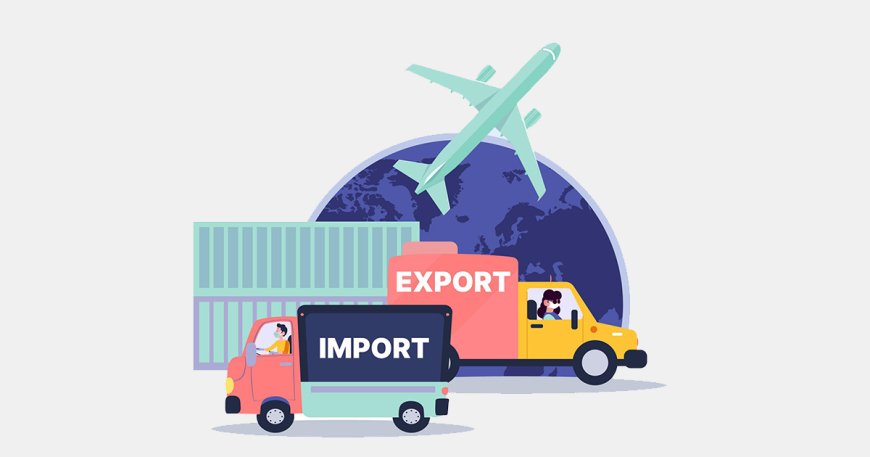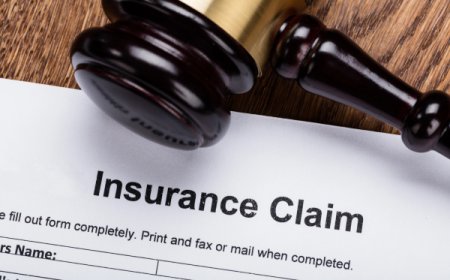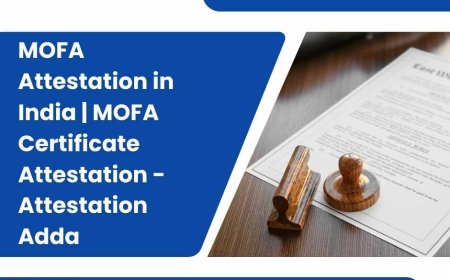The Ultimate Checklist Before Applying for a Trade License
Before applying for a trade license, ensure you meet all legal, documentation, and regulatory requirements. Use this ultimate checklist to streamline your trade license application process and avoid delays.

A trade license is a crucial legal document that permits individuals or companies to carry out specific business activities within a particular jurisdiction. Whether you're starting a new venture or expanding your existing one, obtaining a trade license ensures that your business is operating legally and ethically. To help you avoid delays and rejections, weve created this comprehensive checklist of what you need before applying for a trade license.
1. Choose the Right Business Structure
Before you apply for a trade license, determine your business structuresole proprietorship, partnership, private limited company, etc. Your choice impacts not only the licensing process but also taxation and compliance requirements.
2. Select the Appropriate Trade Category
Different types of businesses require different types of trade licensessuch as general trade, industrial trade, or food and health-related trade. Selecting the right category is essential to ensure you are compliant with municipal and state-level regulations.
3. Verify Zoning Regulations
Trade licenses are often location-specific. Check if your business location complies with the local zoning regulations. For example, running a manufacturing unit in a residential area may not be permissible, and your trade license application could be rejected.
4. Gather Essential Documents
Ensure you have the following documents ready when applying for a trade license:
-
Identity and address proof of the applicant
-
Business registration proof (like GST certificate, PAN)
-
Address proof of the business premises
-
NOC from the property owner (if rented)
-
Site or layout plan
-
Recent passport-sized photographs
-
Municipal tax receipt
The list may vary depending on your location, so always check with your local municipal authority.
5. Ensure Regulatory Compliance
Depending on the nature of your business, you may need additional clearances from departments like the Fire Department, Pollution Control Board, or Health Department. These compliances should be secured before applying for the trade license to avoid delays.
6. Check for Online Application Availability
Many municipal corporations offer online trade license applications. Check your local authoritys website to understand the online application process, fee structure, and expected timelines.
7. Estimate Fees and Timeline
Understand the applicable fees and expected time for processing your trade license application. These factors vary based on the type of business and jurisdiction.
8. Renewal and Validity
Trade licenses usually come with an expiration date and require timely renewal. Make sure to track your licenses validity and set reminders for renewal to avoid penalties or business disruptions.
Final Thoughts
Getting a trade license is not just a legal formalityit's an assurance to your customers and regulatory bodies that your business adheres to required standards. With this checklist, you can streamline your application process and ensure your business gets up and running without any compliance hiccups. Always consult a professional or legal advisor if you're unsure about specific requirements.






























